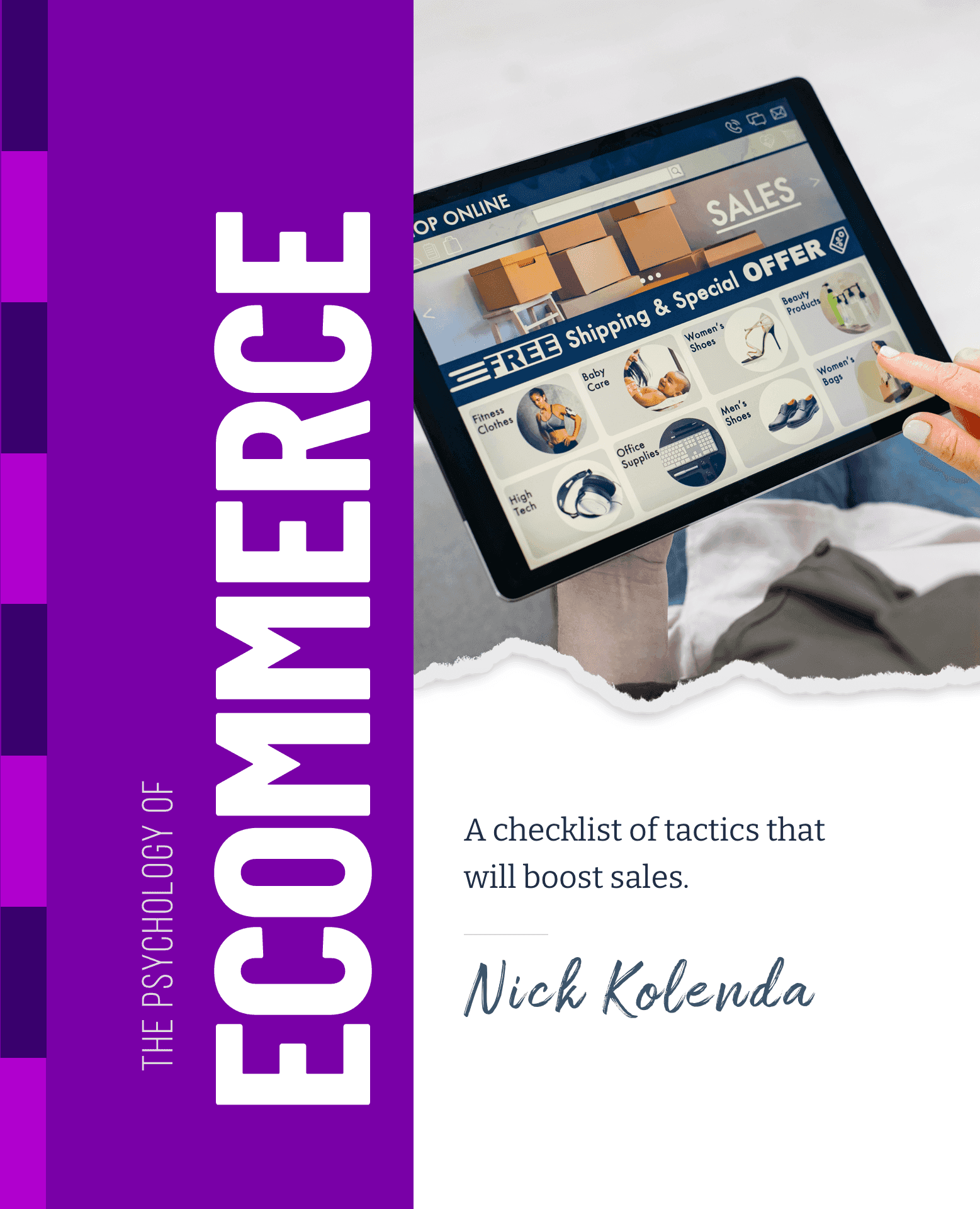
Ugly Faces Increase Sales
Product Images
Ugly Faces Increase Sales
Customers believe that unattractive people are more competent.
Most people are familiar with the beauty bias.
Beautiful people seem credible, honest, and trustworthy. Something "feels good" about them, and we attribute this impression to their personality.
So, what about ugly faces — wouldn't they seem inferior? Actually, no.
Across 10k+ Airbnb listings, hosts sold more occupancies when their photo was (a) visible, (b) high-quality, and (c) smiling. But most interesting, sales increased for beautiful and ugly faces (Peng et al., 2020).
Similar effects happened in 5miles, a peer-to-peer marketplace.

In both platforms, average-looking people sold the least.
Why It Works
- Stereotypes. Beauty and intelligence seem mutually exclusive (e.g., dumb blonde). If beauty is low, we allocate these credits to competence. Ugliness premiums might disappear when they're self-inflicted (e.g., sloppiness) because they would no longer boost competence.
- Symbolic Confusion. Want beautiful products? You prefer beautiful sellers because you confuse this facial beauty for the product. Same with ugly sellers. Need a complex service? Your brain will be seeking a complex and disfluent stimulus. In one study, customers who evaluated a complex service preferred a font that was difficult to read because it felt right (Thompson & Ince, 2013). Indeed, ugly faces were most effective for technical products (e.g., electronics)., while beautiful faces were most effective for visual products (e.g., bags).
How to Apply
- Exaggerate Facial Expression. Show any emotion — happiness, surprise, laugher. Even sadness. All of these emotions converted better than a neutral face (Zhang et al., 2024).
- Peng, L., Cui, G., Chung, Y., & Zheng, W. (2020). The faces of success: Beauty and ugliness premiums in e-commerce platforms. Journal of Marketing, 84(4), 67-85.
- Thompson, D. V., & Ince, E. C. (2013). When disfluency signals competence: The effect of processing difficulty on perceptions of service agents. Journal of Marketing Research, 50(2), 228-240.
- Zhang, N., Fan, X., He, L., Cheng, X., Zhang, L., & Liu, R. (2024). The impact of the Seller's facial image on consumer purchase behavior in peer-to-peer accommodation platforms. Journal of Retailing and Consumer Services, 80, 103932.

Want more tactics?
Get all my free ecommerce tactics